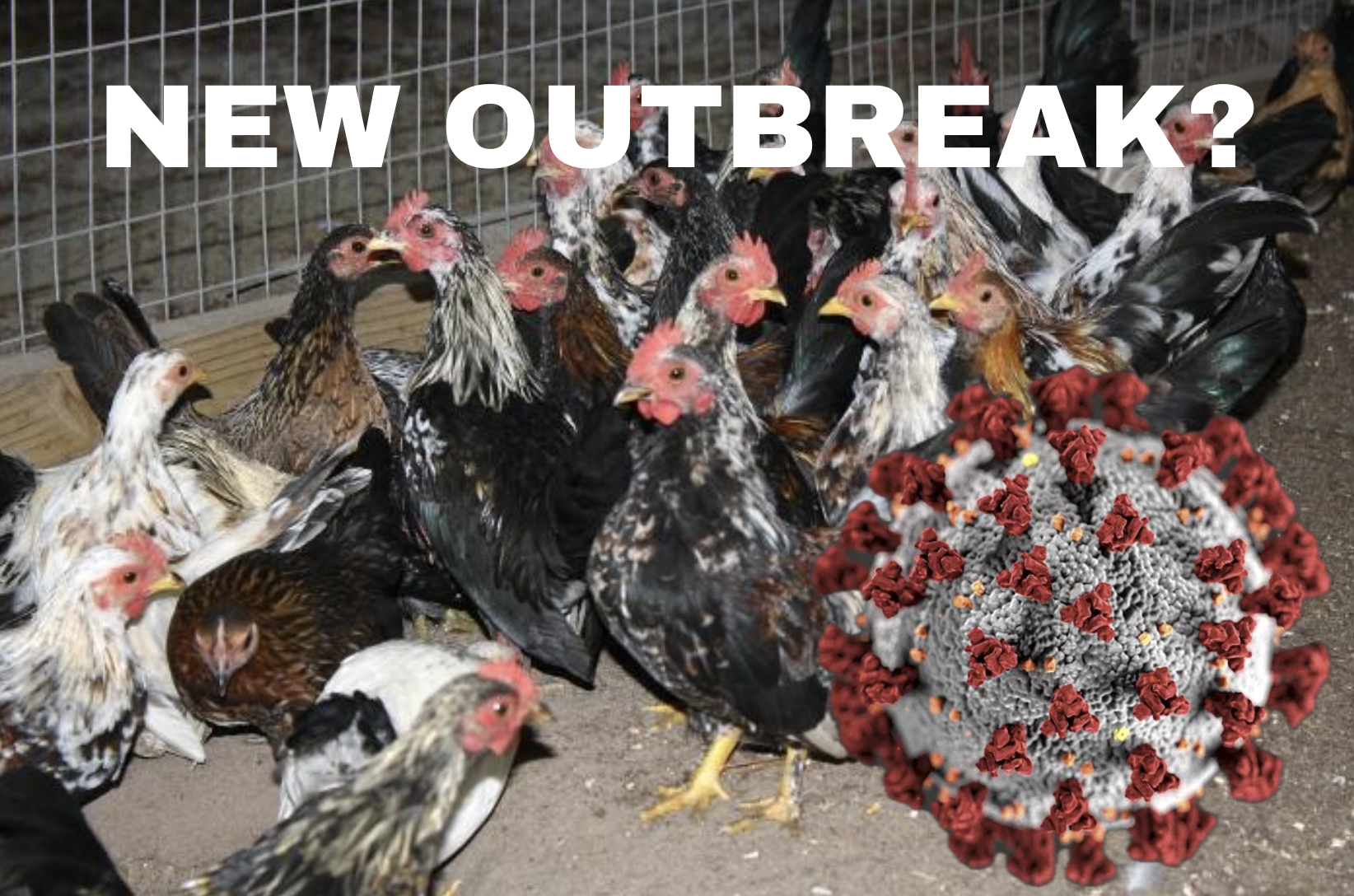NEW cases of bird flu have been spreading through central Spain after first being detected in popular city parks in Malaga and Sevilla.
Fears of a new outbreak have been echoed by farmers, who say they are worried about the possibility of the virus reaching their animals, as even one case could force them to cull entire flocks.
One farmer from Coin, who raises 3,500 free-range hens, said, “I’m worried because it is a very big risk for us if the disease comes close.”
She explained that although her chickens live outdoors and could come into contact with wild birds, most recent outbreaks have been inside caged farms.
READ MORE: New British warship to be built in Spain as part of €1.8 billion contract
In Sevilla, the situation is even more serious, with several outbreaks confirmed in parks across the city.
The Ministry of Agriculture has reported cases in the Parque de Miraflores, Jardines del Alcazar, and Parque del Tamarguillo.
Other outbreaks have been found in nearby towns, including La Puebla del Rio and Aznalcazar, close to the Doñana wetlands.
Environmental groups have criticised the regional government for being slow to introduce safety measures in public parks.
Ecologistas en Accion warned that the response had been “improvised” and that proper prevention plans were not in place before the virus spread.
READ MORE: WATCH: Has UNESCO crowned this street in southern Spain the most beautiful in Europe?
In response, authorities have now introduced a protocol for urban parks, requiring regular inspections, removal of dead birds, and cleaning of affected areas.
So far this summer, Spain has recorded 35 outbreaks of bird flu, including four in poultry farms and 31 in wild birds.
The most recent farm case was in Pozo de Guadalajara, where more than 37,000 hens had to be slaughtered.
Earlier in July, an outbreak was detected in turkeys in Badajoz, and other cases followed in Caceres and the Basque Country.
Experts say the virus is carried by wild birds such as ducks and gulls, which can spread it to domestic animals.
Marina Ferraguti, a researcher at the CSIC, explained that for now bird flu is “fundamentally an animal health problem” and that the risk for humans remains low.
Inmaculada Casas, from the Carlos III Health Institute, said the greatest risk is for workers handling sick birds or cleaning infected farms.
Scientists stress that the virus would need to mutate further to spread between people.
Ursula Hofle, from the Biological Research Institute, explained that the rise in cases is linked to bird migration and a shortage of water, which concentrates flocks in small areas.
She warned that the coming autumn could bring more outbreaks as migration peaks.
For now, food supplies remain safe, and health authorities confirm that properly cooked poultry and eggs do not pose a risk.
Officials continue to urge the public not to touch sick or dead birds and to keep pets away from them.
The hope is that by keeping outbreaks under control in wild birds and farms, Andalucia and the rest of Spain can avoid a wider crisis.
Click here to read more Spain News from The Olive Press.









Fearmonger government propaganda …